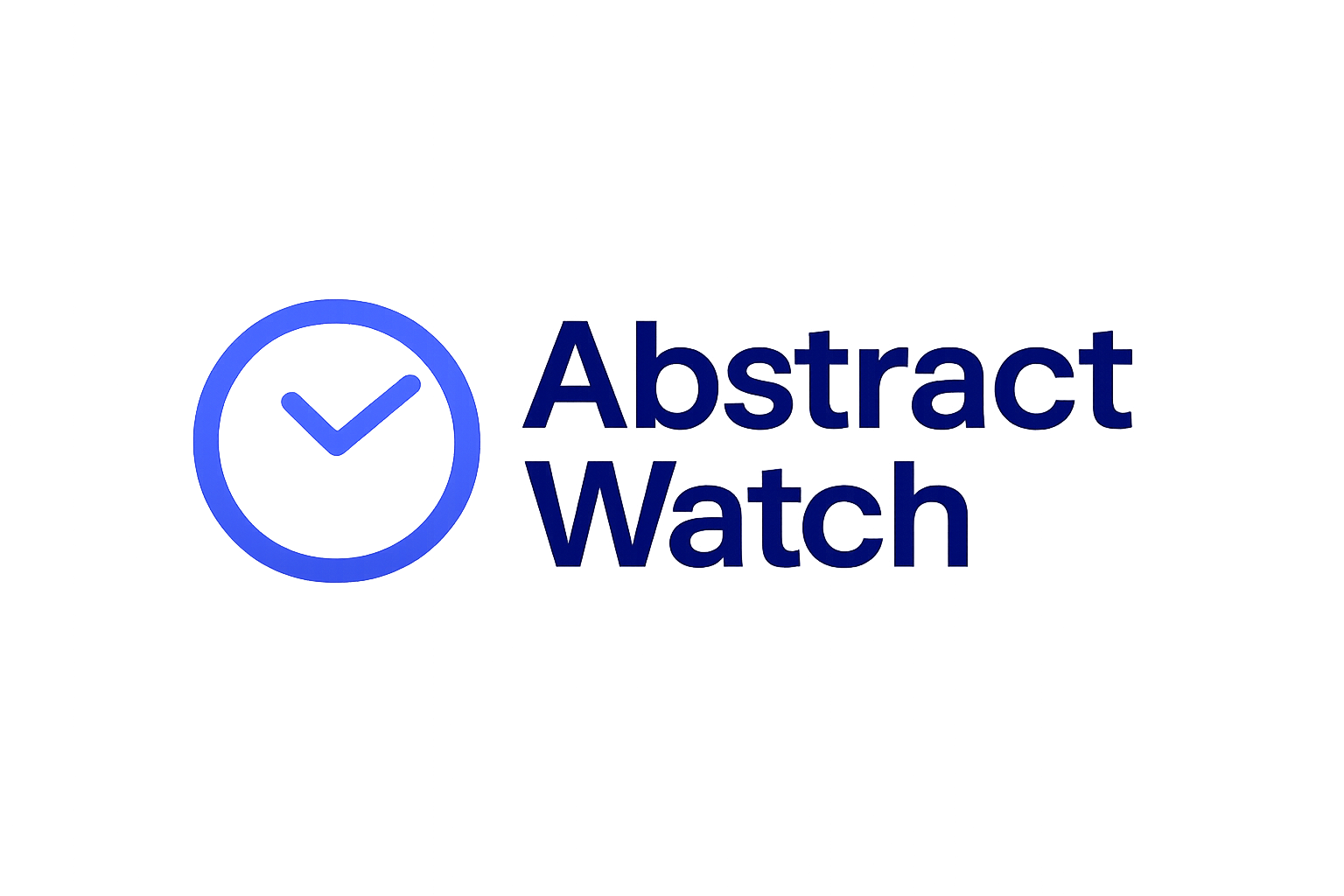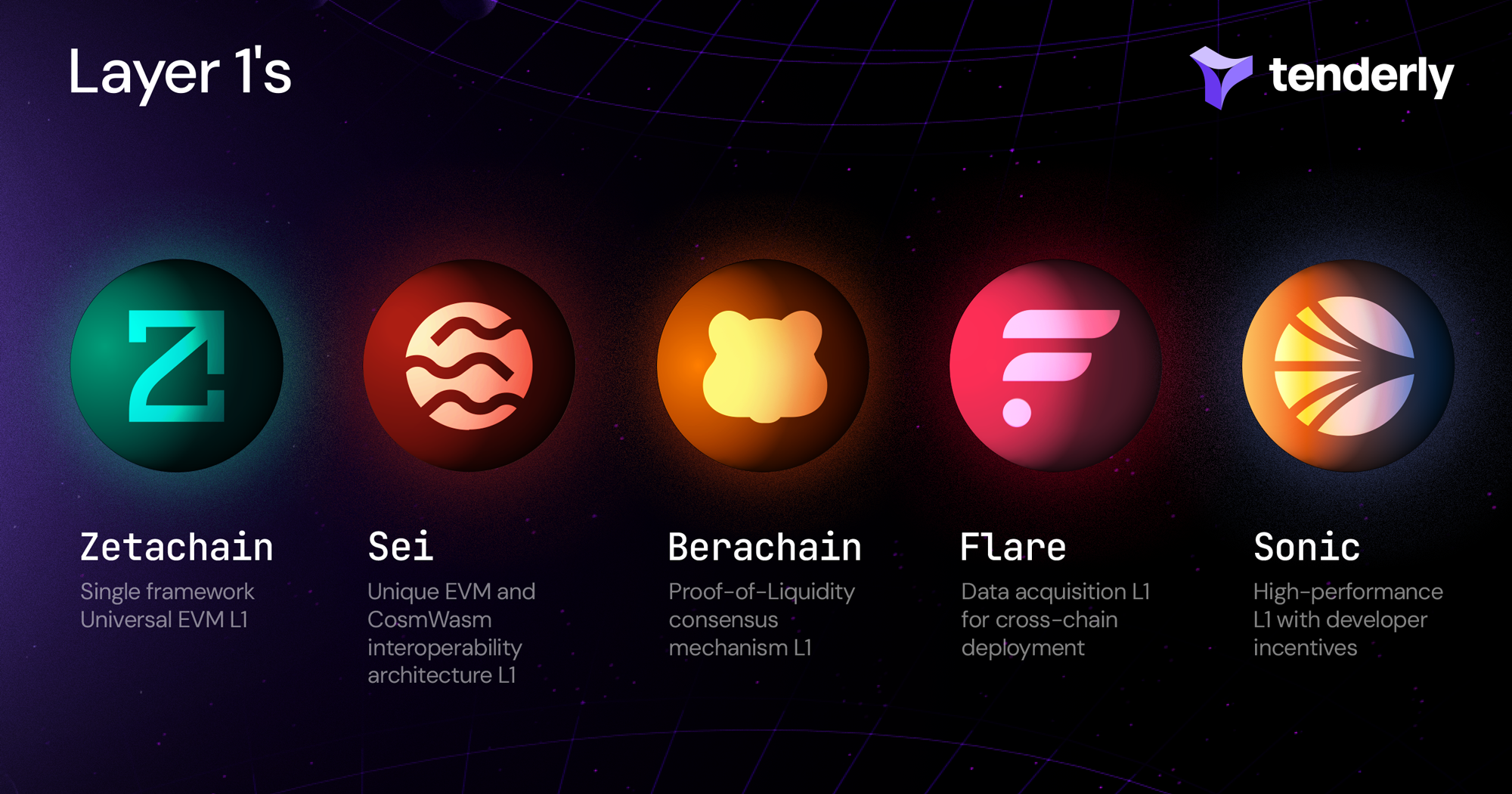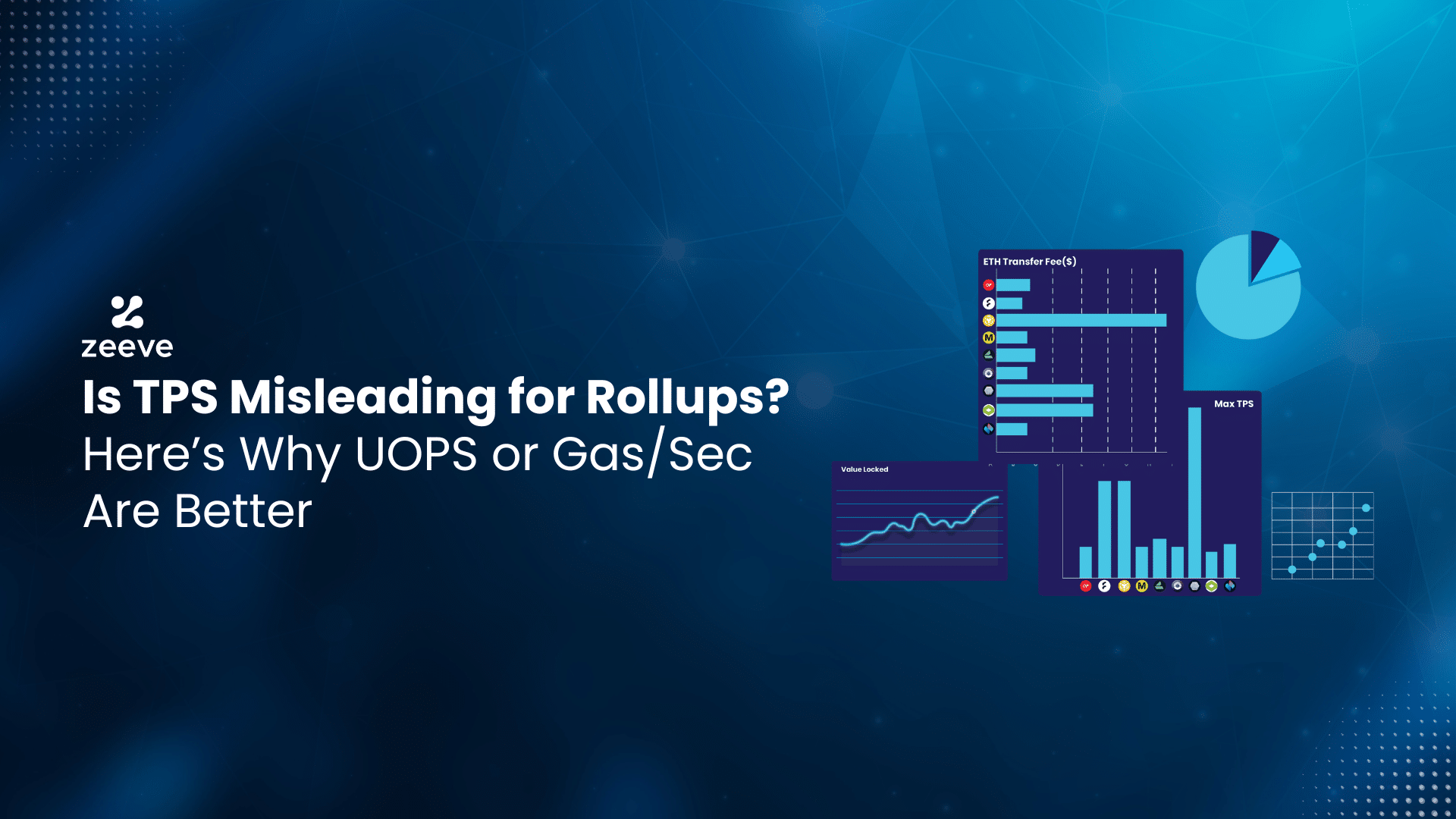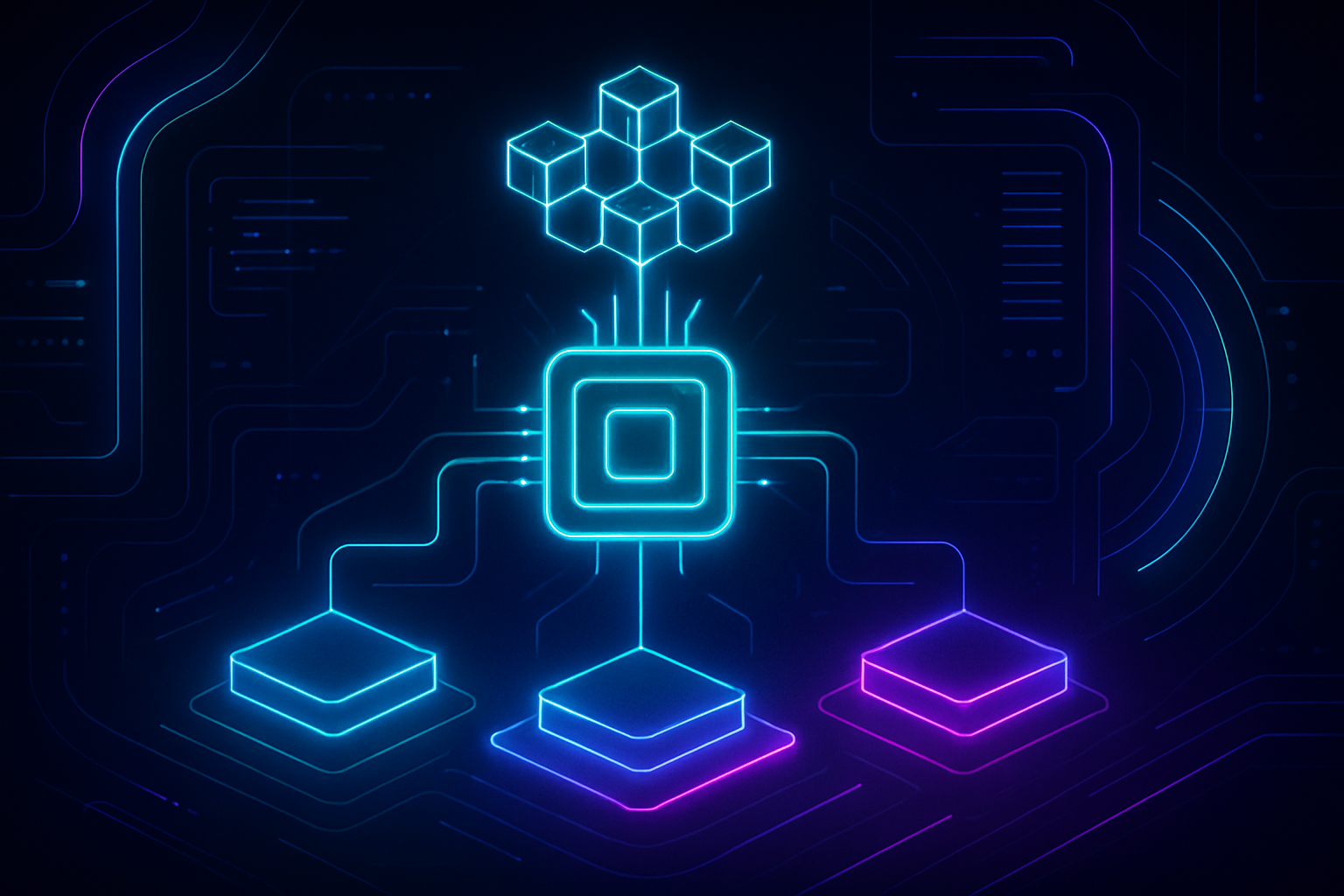
For blockchain startups, the journey from idea to live application can be daunting. Building a secure, scalable blockchain network has traditionally required deep technical expertise, significant infrastructure investment, and months of development. However, the emergence of Rollup-As-A-Service (RaaS) platforms is fundamentally changing this landscape. By abstracting away the complexities of rollup technology and app-chain deployment, RaaS empowers startups to launch tailored blockchains in days or even minutes, without sacrificing security or performance.

What Are App-Chains and Why Do Startups Need Them?
An app-chain is a blockchain network dedicated to a specific application or project. Unlike general-purpose blockchains, app-chains allow teams to customize everything from gas tokens and data availability layers to governance mechanisms and fee structures. This flexibility is crucial for startups seeking product-market fit in competitive sectors like DeFi, gaming, or NFTs.
The challenge? Historically, deploying an app-chain meant navigating complex protocol stacks, setting up validator networks, integrating bridges and wallets, and maintaining uptime, all while staying ahead of fast-moving competitors.
The Rise of Rollup-As-A-Service Platforms
Rollups are blockchain scaling solutions that increase throughput by moving computation and data storage offchain while still posting proofs to a base layer like Ethereum. RaaS platforms simplify every aspect of building with rollups: configuration, deployment, monitoring, upgrades, even cross-chain integrations, all managed through intuitive dashboards and APIs.
This new paradigm lets founders focus on their core innovations instead of wrestling with infrastructure headaches. As noted by Chaindrop, developers can now deploy an Ethereum rollup in minutes, choosing between testnet or mainnet, while retaining full control over their chain’s features.
Key Benefits of Rollup-as-a-Service for Blockchain Startups
-
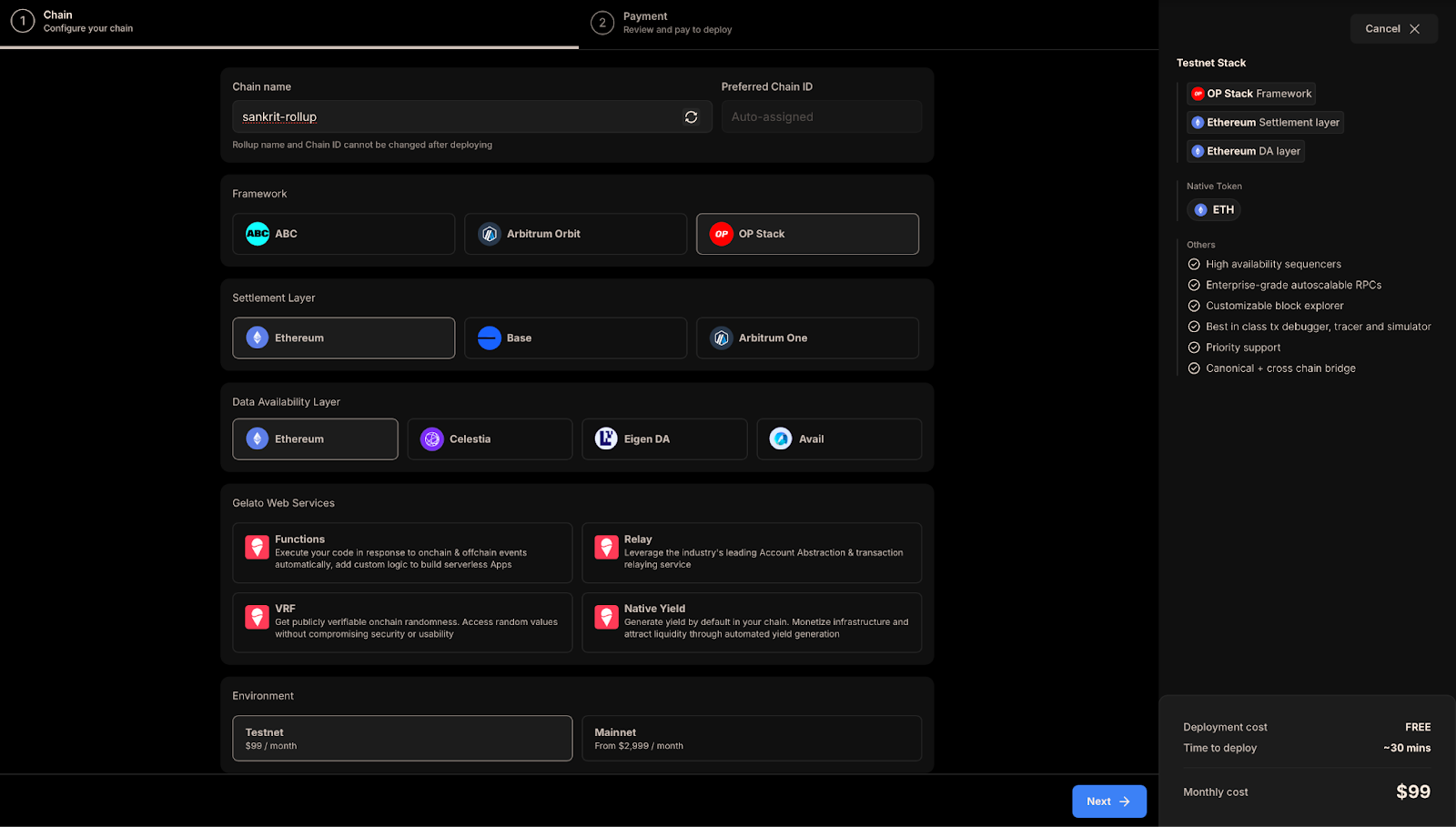
Rapid Deployment: RaaS platforms like Chaindrop enable startups to launch Ethereum rollups in minutes, offering both testnet and mainnet options. This dramatically shortens time-to-market for new blockchain applications.
-
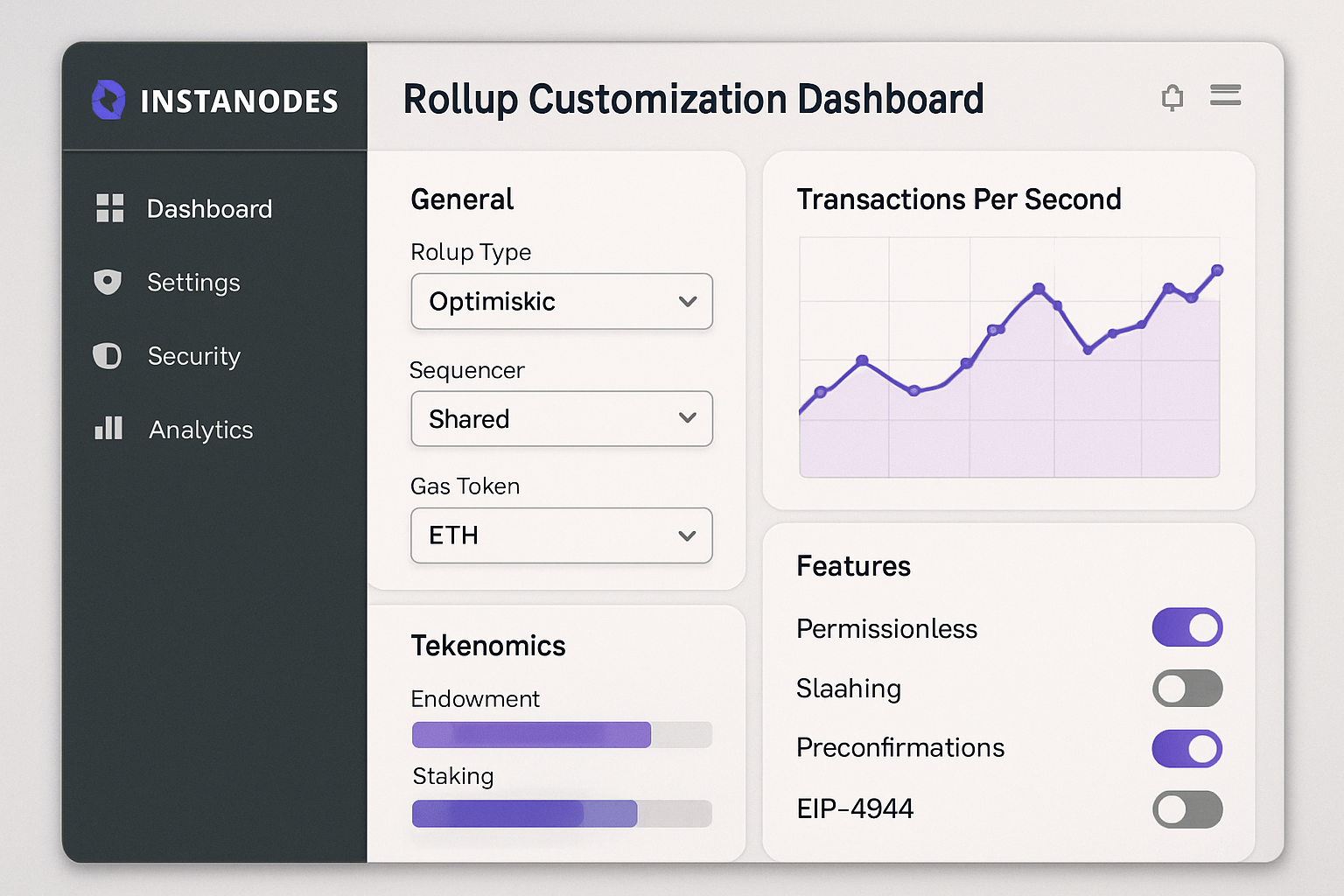
Customization and Flexibility: Services such as Instanodes allow startups to tailor app-chains with custom gas tokens, data availability layers, and governance models, supporting stacks like Optimism OP, Arbitrum Nitro, and zkSync ZK Stack.
-
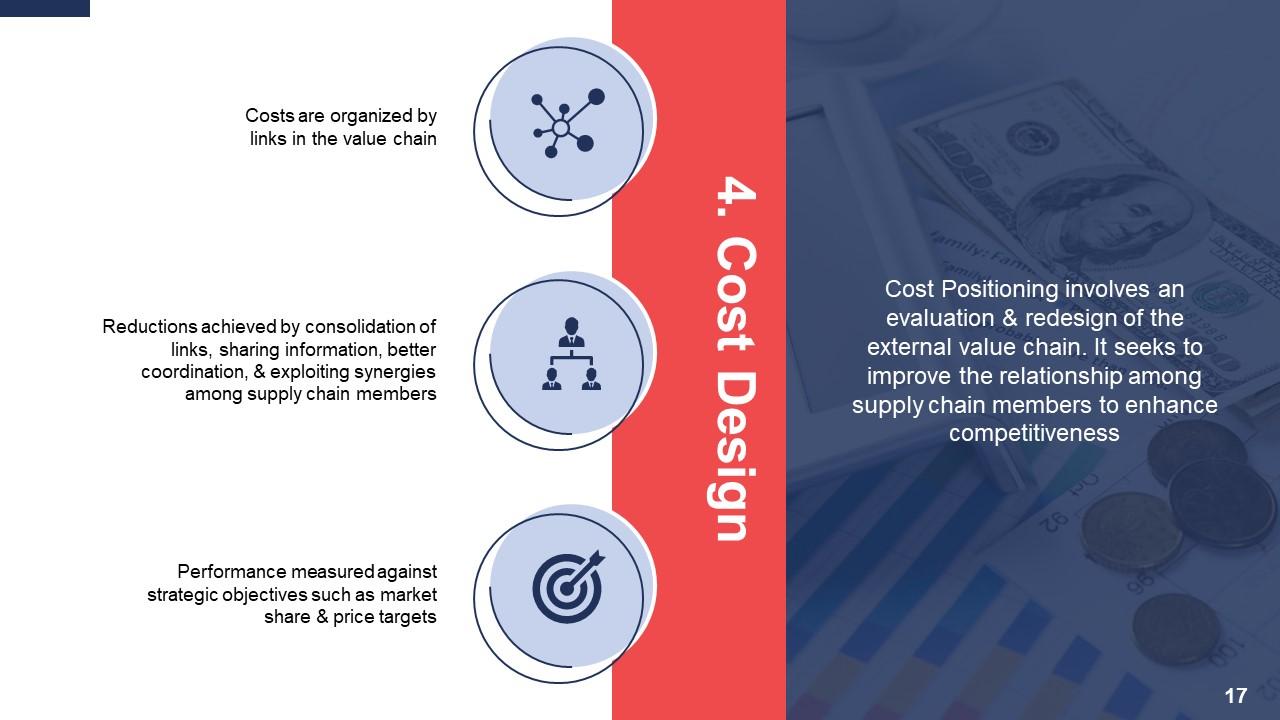
Cost Efficiency: By leveraging managed infrastructure, RaaS reduces the need for large upfront investments in hardware and specialized personnel, allowing startups to focus resources on product development and growth.
-
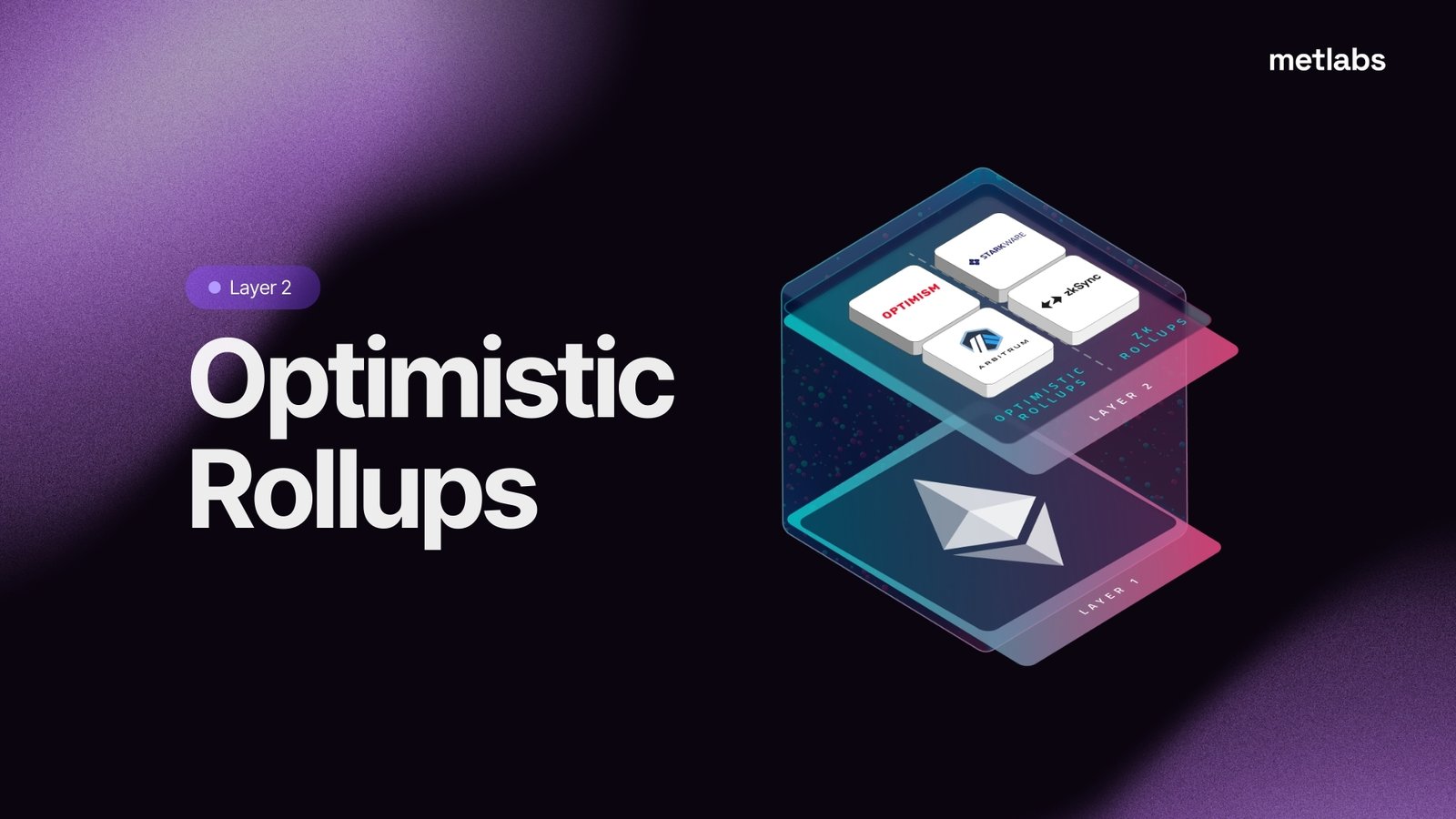
Scalability and Performance: Platforms such as Quasm optimize transaction throughput and reduce latency, enabling thousands of transactions to be processed seamlessly on app-chains.
-
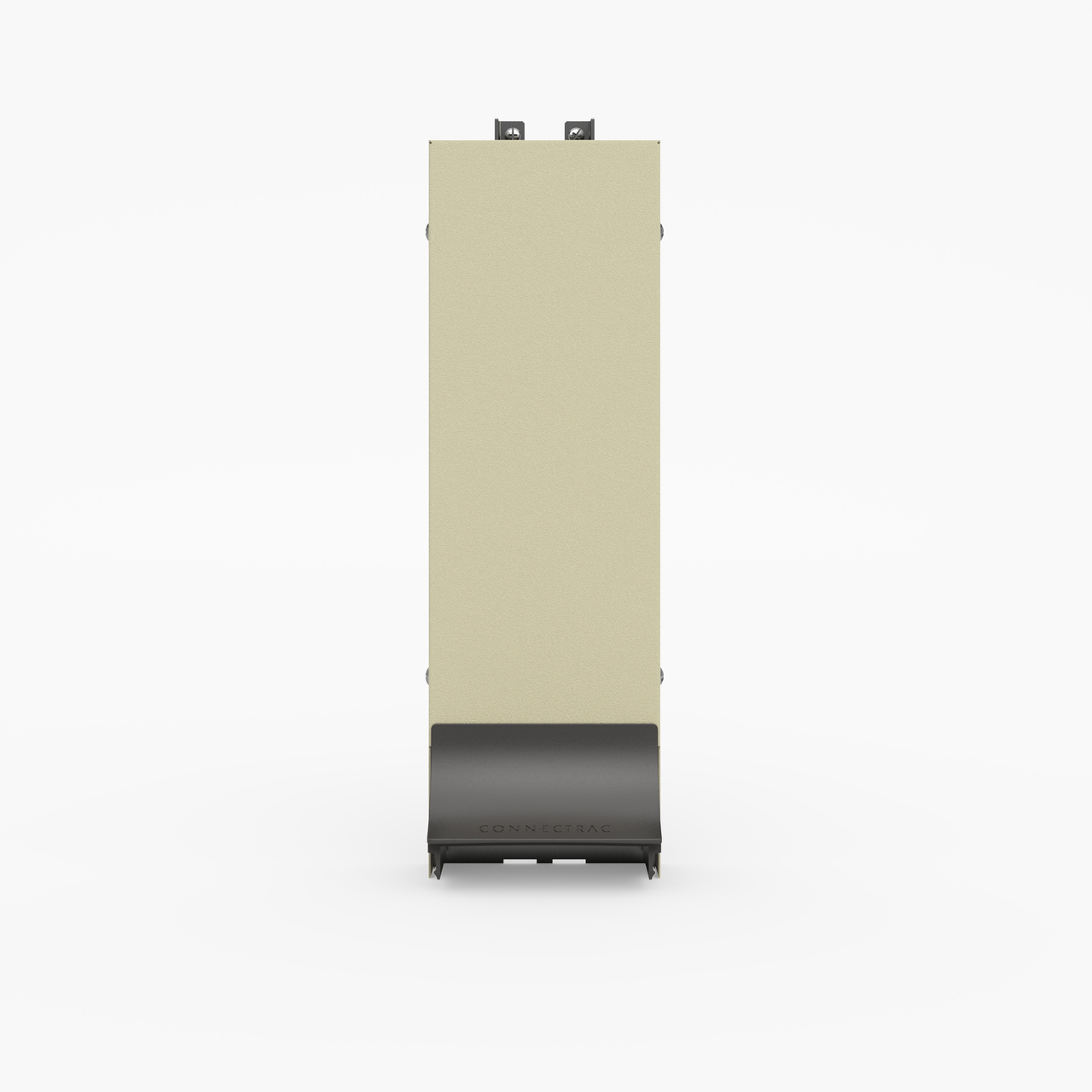
Simplified Infrastructure Management: Solutions from Conduit provide secure, production-ready rollups with minimal setup, abstracting away complex infrastructure tasks and letting teams focus on core application logic.
Speeding Up App-Chain Deployment: How RaaS Works
The hallmark of modern RaaS platforms is rapid deployment without compromise. Providers like Instanodes, Quasm, and Caldera offer pre-built rollup stacks, Optimism OP Stack, Arbitrum Nitro, zkSync ZK Stack, that can be spun up with just a few clicks or API calls. This allows teams to:
- Customize parameters: Set block times, transaction fees, gas tokens.
- Select data availability solutions: Choose between onchain or offchain storage based on budget and security needs.
- Add modules: Integrate token bridges, staking systems, governance tools out-of-the-box.
- Monitor performance: Access real-time analytics on chain activity and health.
This level of automation was unthinkable just two years ago. Now even early-stage teams can iterate quickly on new ideas without waiting for infrastructure bottlenecks to clear.
A Thriving Ecosystem of Providers
The competitive RaaS landscape means startups have choices tailored to their needs:
- Chaindrop: Full portability for Ethereum rollups; deploy on your own servers or theirs; managed upgrades; both testnet/mainnet support.
- Instanodes: Supports Optimistic and zk-Rollups; modular configuration; seamless L1/L2 integration.
- Quasm: Focuses on high throughput rollups for dApps needing thousands of transactions per second.
- Caldera and Conduit: Emphasize UX and developer tooling for instant production-ready deployments using popular modular frameworks.
- AltLayer: Innovates with ephemeral “flash layers” for time-limited events (like NFT drops) as well as permanent app-chains.
This diversity allows founders to pick the right stack for their use case, whether it’s low-cost experimentation or enterprise-grade reliability, and switch providers as they scale up operations.
One of the most compelling aspects of Rollup-As-A-Service is its ability to democratize access to advanced blockchain infrastructure. Startups no longer need to hire teams of protocol engineers or invest in costly hardware to compete with established players. Instead, they can leverage RaaS platforms’ managed services, robust documentation, and expert support, freeing up precious resources for product development and user acquisition.
Cost efficiencies are also significant. RaaS eliminates the need for upfront capital expenditures on servers and security audits by bundling these into a predictable service model. This pay-as-you-go approach allows startups to scale their operations in line with user growth. For instance, platforms like Instanodes and Quasm enable projects to launch with minimal overhead while maintaining the flexibility to upgrade or migrate as needs evolve.
Security, Reliability, and Industry-Standard Integrations
Security remains paramount for any blockchain deployment. Leading RaaS providers implement best practices such as modular upgrades, permissioned access controls, automated monitoring, and seamless integration with industry-standard wallets and bridges. This ensures that even early-stage projects can operate at enterprise-grade security levels from day one.
Moreover, high uptime guarantees are now the norm rather than the exception. With mature DevOps pipelines and real-time analytics dashboards, founders gain visibility into chain health and can respond proactively to any issues, minimizing downtime and bolstering user trust.
Must-Have Features in a RaaS Provider for Startups
-
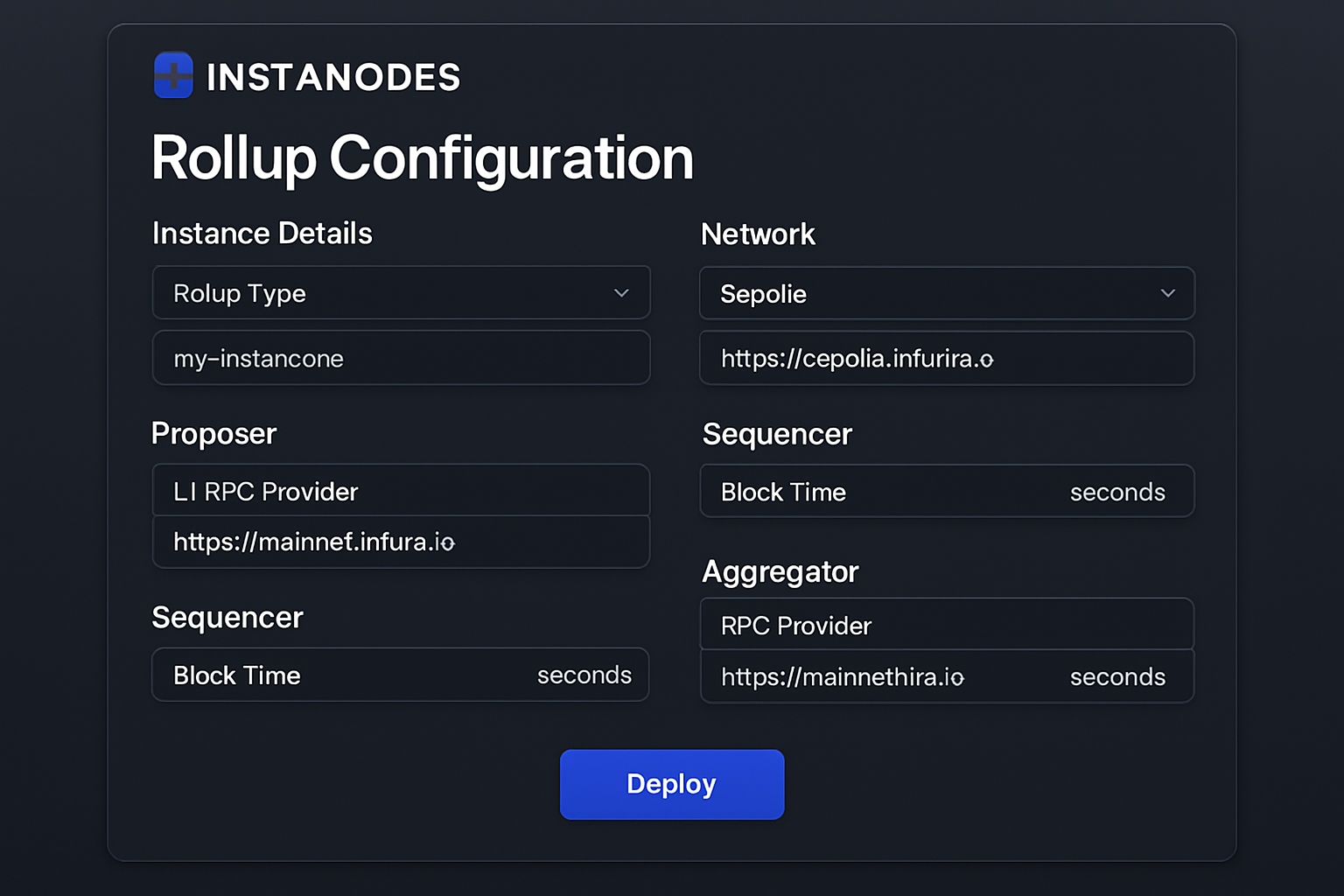
Customization & Flexibility: Choose providers like Instanodes that support multiple rollup stacks (e.g., OP Stack, Arbitrum Nitro, zkSync) and allow configuration of gas tokens, governance, and data layers.
-
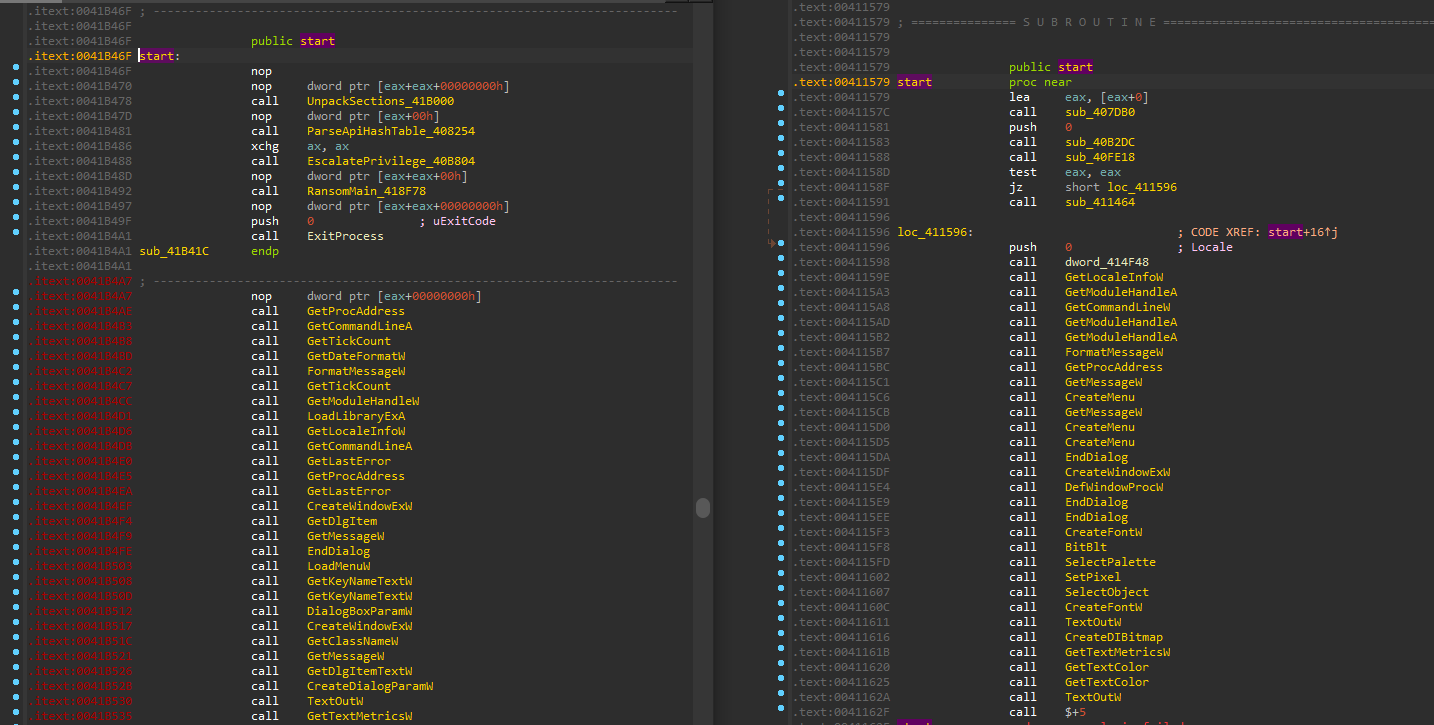
Cost Efficiency: Opt for RaaS platforms that minimize upfront infrastructure costs and offer transparent, usage-based pricing, helping startups allocate resources effectively.
-
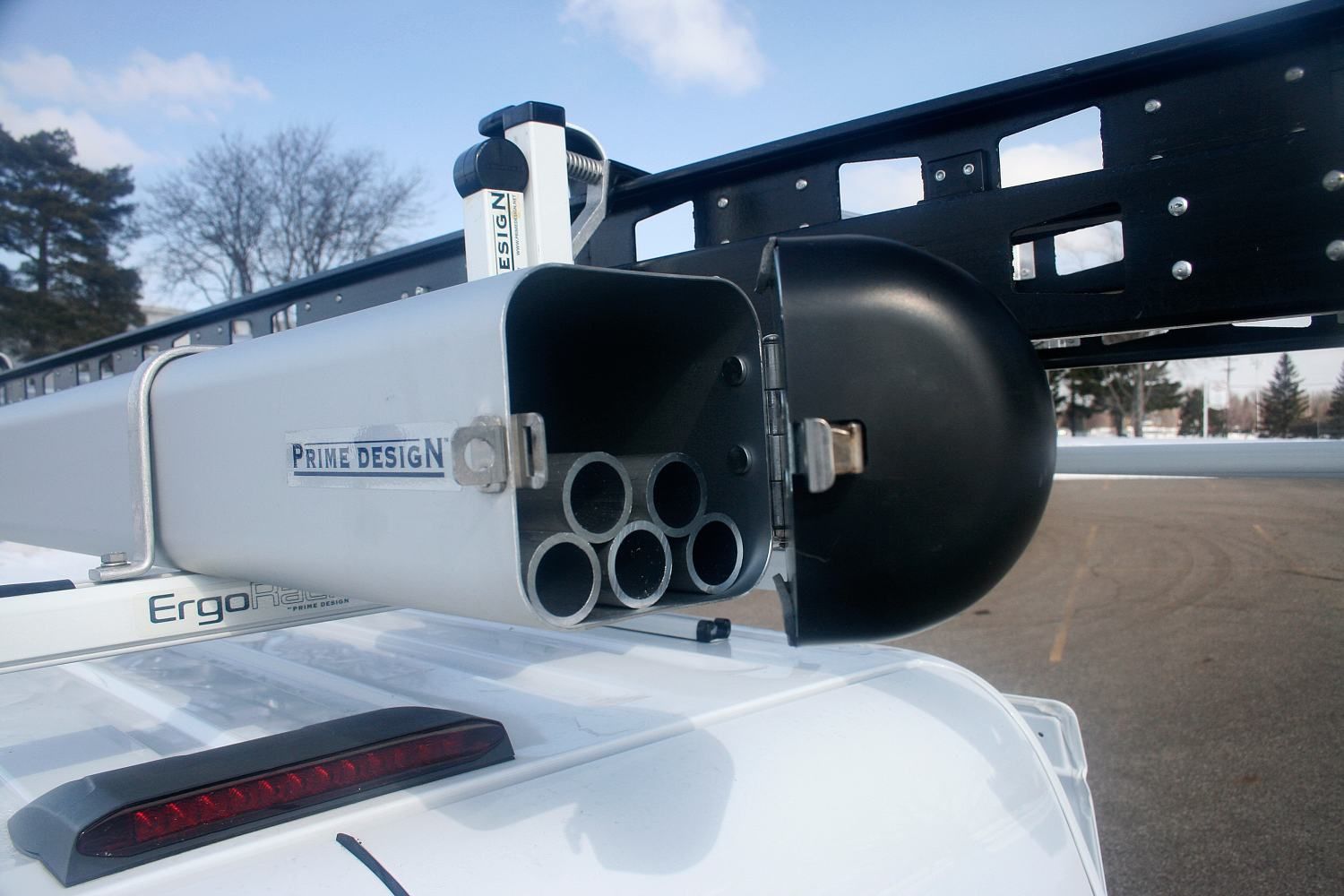
Security & Reliability: Prioritize providers like Conduit that deliver production-ready, secure rollups built on proven frameworks (e.g., OP Stack), with robust uptime and monitoring.
-
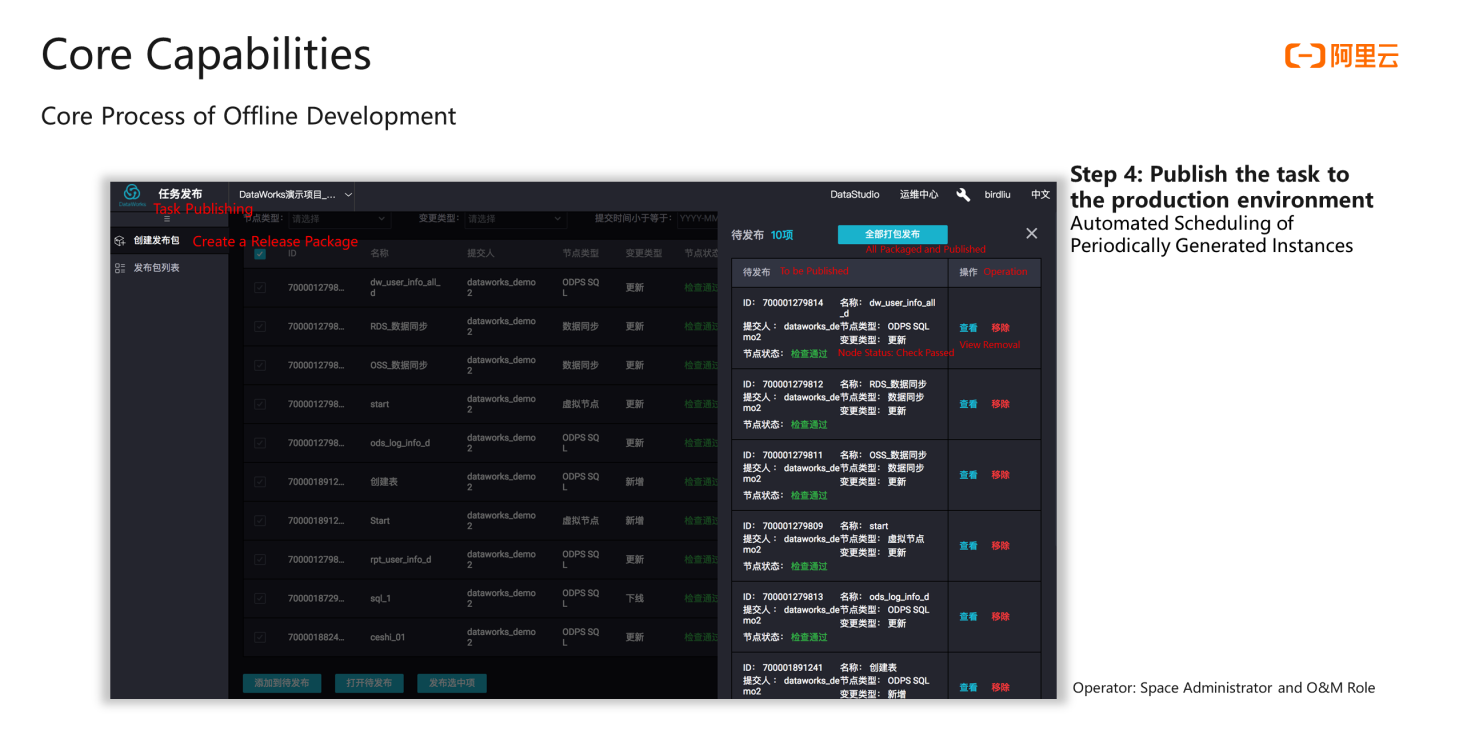
Integrated Developer Tooling: Look for platforms with comprehensive SDKs, documentation, and dashboards to streamline development and ongoing management.
-
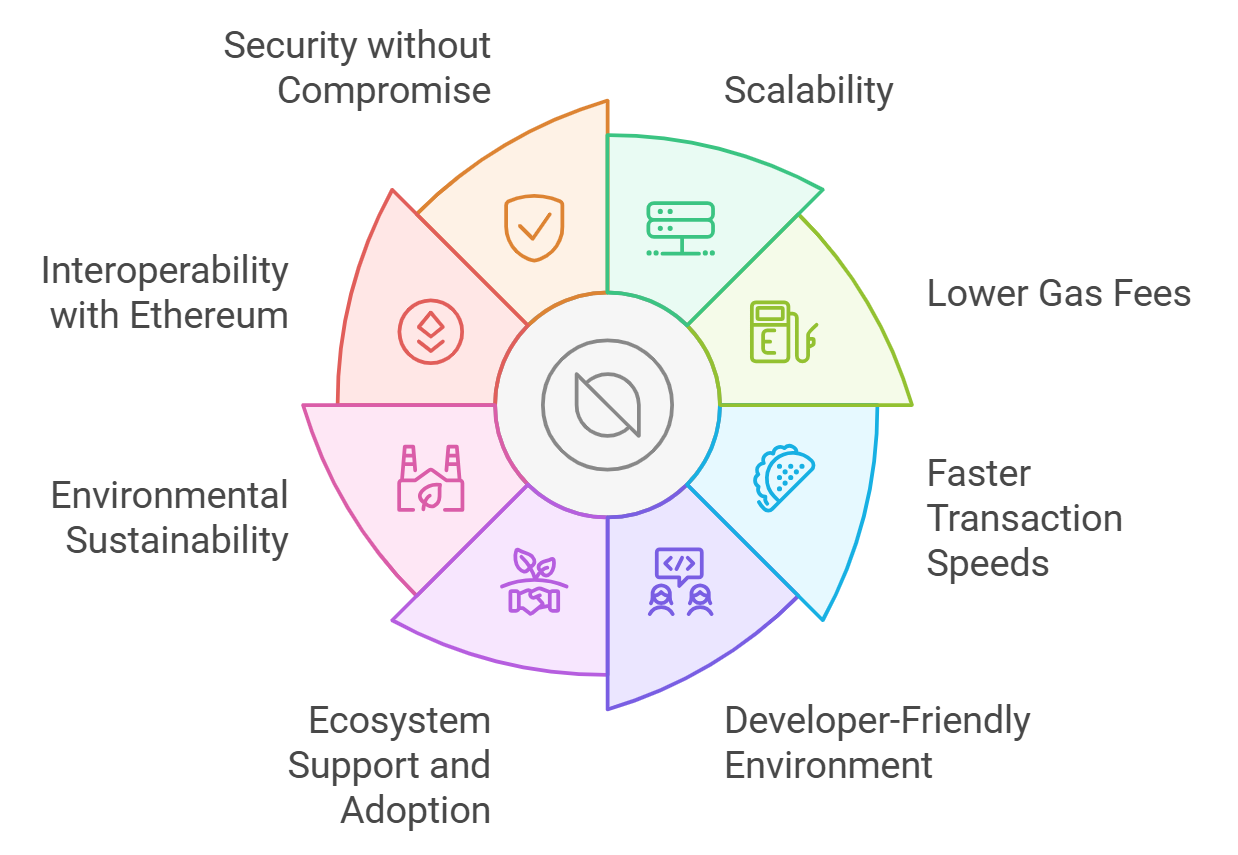
Interoperability & Ecosystem Support: Select providers that enable easy integration with wallets, bridges, and dApps across major chains like Ethereum, Polygon, and BNB Chain.
Real-World Impact: Faster Innovation Cycles
The net effect is a dramatic acceleration of blockchain innovation cycles. Teams can rapidly prototype new business models, whether it’s a DeFi primitive requiring custom gas economics or a gaming platform needing ultra-low latency, without being gated by infrastructure constraints.
This agility is especially important in today’s market where trends move quickly and first-mover advantage is critical. As more projects deploy app-chains using rollup-as-a-service solutions, network effects compound: interoperability improves, liquidity deepens across chains, and developers benefit from shared standards.
“The ability to deploy a production-ready rollup in minutes has fundamentally changed our go-to-market strategy. “
What Comes Next?
Looking ahead, we expect RaaS offerings to become even more sophisticated, supporting zero-knowledge proofs for privacy-centric applications, enabling cross-chain composability out-of-the-box, and offering granular governance modules tailored for DAOs. As this technology matures, barriers to entry will continue falling for ambitious builders worldwide.
The future of scalable blockchain solutions lies in abstraction, letting founders focus on what makes their project unique while trusted partners handle the heavy lifting behind the scenes. For blockchain startups aiming to move fast without breaking things, rollup-as-a-service is rapidly becoming not just an option but an imperative.
